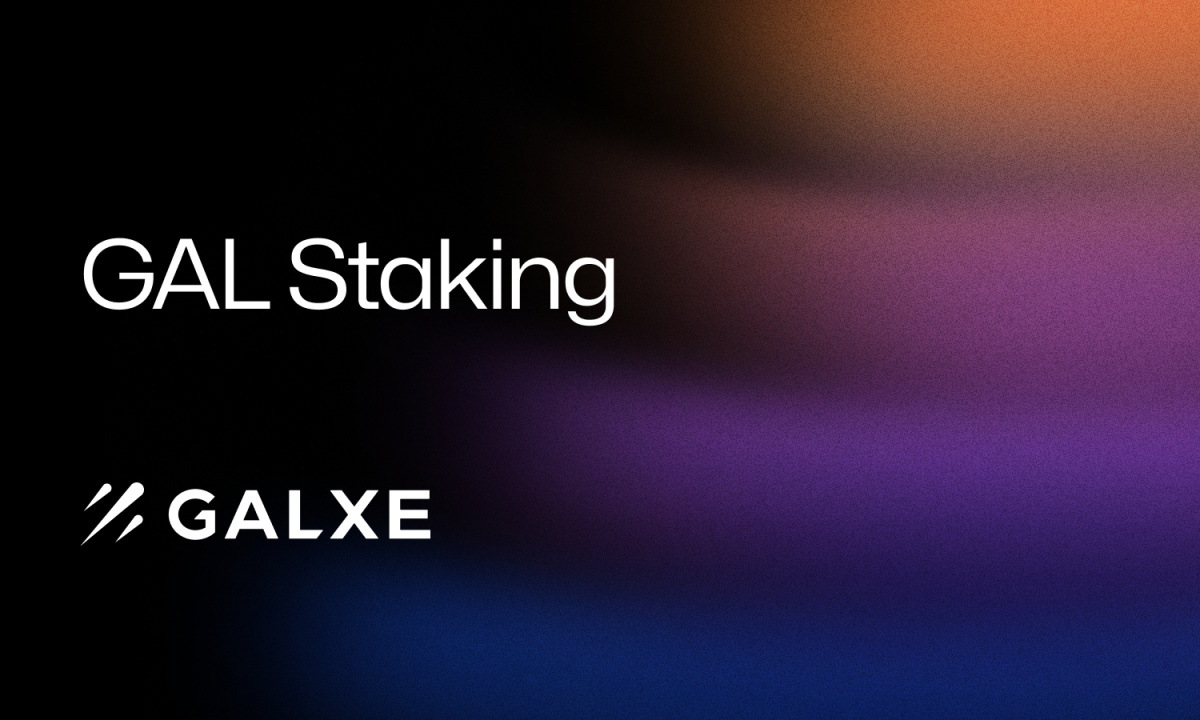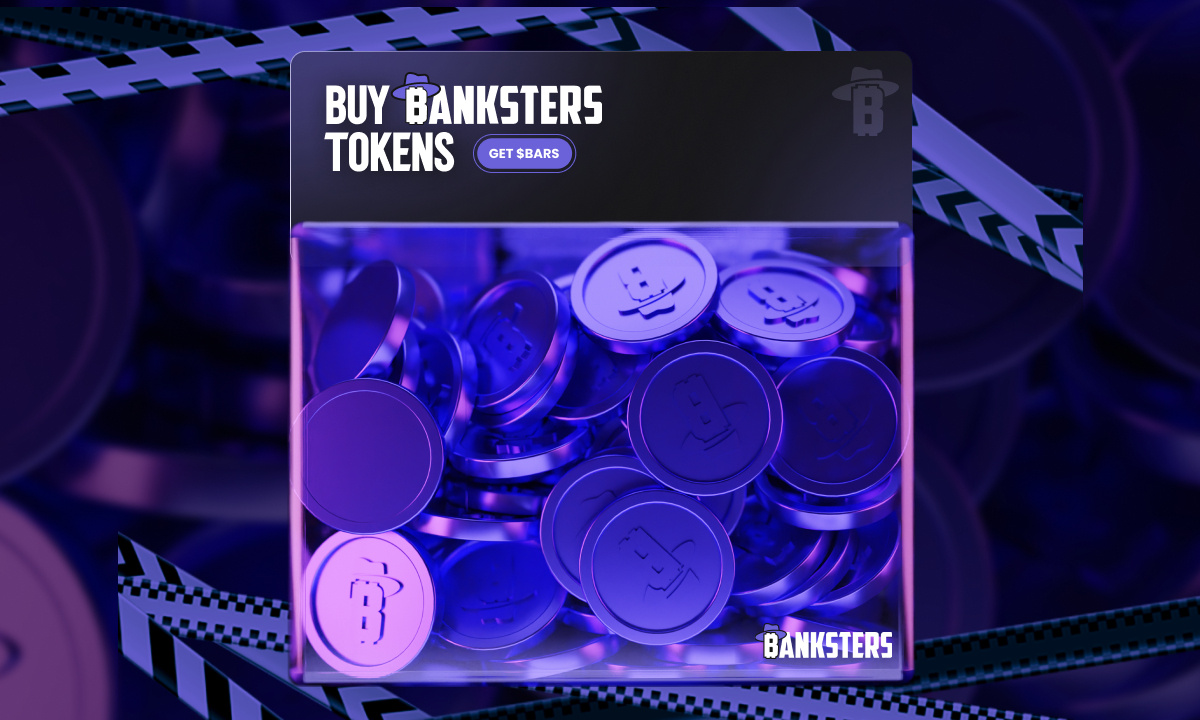Casual GameFi May Become A Hot Trend, Game Space Will Release The Galaxy Plan
Key Points:
- Game Space is changing strategy and finding a great opportunity to focus on casual GameFi.
- The combination of a series of regular GameFi forms an efficient ecosystem, similar to the “lego” effect in DeFi.
- In the first quarter of 2023, Game Space is planning to launch more than 10 popular GameFi minigames and expand to 20 games in Q2.
Against the background of the deep bearishness of the encryption market, although the GameFi track has suffered heavy losses, the chain game market is still one of the fastest-growing market segments in the Web3 industry, and the number of independent wallets that are active daily can reach as high as 800,000 in some periods.
A few days ago, Game Space organized the industry’s first tour. With the support of Spinterlands, ImmutableX, and Big Time, the event only received 200,000 Twitter interactive retweets. Within a week, nearly 20,000 blockchain game players participated and attracted fans. Million-level chain game anchor Sky Vee and others participated in the live broadcast of the competition.
After the GameFi V1.0, represented by Axie Infinity, faded out of the historical stage, the AAA-level large-scale GameFi became the most popular industry expectation. People hope that high-level chain games will enter the market to solve the problem that early Play-to-Earn chain games are not fun. However, it has been a year since the rise of the first generation of chain games; why is it that AAA-level GameFi rarely lands?
Why AAA GameFi is difficult to land
Although users on the chain are still enthusiastic about top-level chain games, since the rise of GameFi, AAA-level large-scale chain games have been calling continuously, there are too many thunders and little rain. Many traditional game manufacturers, including Zynga and Ubisoft, have made high-profile announcements to enter Web3 and GameFi, but they have not been seen for a long time.
The reason is that Michael Cameron, CEO of Game Space, who once incubated the industry’s first AAA-level MMORPG chain game “Bless Global,” said that first, the threshold for creating an AAA-level chain game is extremely high, and only teams with a financing amount of more than 50 million US dollars Might barely squeeze into this queue. In addition, the long R&D cycle, difficulty in realizing cash, and the bear market effect are the key reasons.
Michael’s team once launched the industry’s first GameFi as a Service (GaaS), hoping to solve the problems of high participation threshold for early GameFi users and closed-loop transactions by providing fast chain reform solutions for traditional game manufacturers. However, under the bear market, the GameFi industry as a whole suffered from coldness, which slowed down the entry of traditional game manufacturers, and there were no explosive new games in the industry.
While looking for adjustments, an accidental experiment opened up a whole new world for Michael – casual GameFi, which is the chain modification of casual games.
The big game is not working, but the small game is actually counterattacking?
In order to promote the GameFi SDK, Game Space developed chain revisions of classic mini-games, such as Merge Bird in 2022, as a model project to show game manufacturers how to complete the chain transformation in 7 days. This small move inadvertently brought nearly 20,000 fans to its official Twitter. The chain reform of small games has reactivated the interest of old fans, and they have begun to flood into the Game Space platform.
Since then, Game Space has launched the explosive chain game “Goat! Goat!” based on the classic match-3 gameplay. In the first week of its launch, “Goat! Goat!” launched online distribution activities with more than 50 DAOs and institutions in various regions of the world, such as BitKeep, Nawarat, and Meta Galaxy, and set off a climax in India, the Philippines, Vietnam, and other countries.
“Goat! Goat!” is based on the classic match-3 gameplay, adding classic NFT avatars with a strong metaverse and Web3 style as game elements. The game does not require complex operation skills and does not need to understand complex economic model design. Whether it is the entry threshold of the game, or the game content and operation interaction, it is as simple as possible.
In addition to being fun, players can get blind boxes of different rarities, such as gold, silver, and brass, after clearing the level. Blind boxes can be sold on the NFT Marketplace, and there are also opportunities to issue USDT and Merge Bird NFTs of different levels.
The random incentive introduced by the blind box has greatly stimulated the enthusiasm of users to participate. According to Twitter data, “Goat! Goat!” has completed more than 6 million rounds in total, produced more than 2 million blind boxes, issued 1.5 million Merge Bird NFTs, and created a single casual GameFi (small game chain modification) historical record.
The unexpected popularity of “Goat! Goat!” gave Michael a lot of inspiration. He quickly realized that the playability brought by popular mini-games was significantly greater than that of Play-to-Earn gold-making games, making blockchain the first Once there is game with high playability, high stickiness, and low cost.
Michael began to chase after victory in small games and launched “Magic Pot” and “MythMania” one after another. Among them, “Magic Pot” consumed more than 1 million Merge Bird NFTs, which is the largest asset consumption scenario in casual GameFi.
In “MythMania,” through payment, the blind box incentive can magnify the income by 10 times, which makes the entire platform realize continuous profitability. Especially in the case that the platform has not yet issued token for user incentives, achieving breakeven and maintaining growth is particularly rare in a bear market.
Why casual GameFi can buck the trend
According to statistics, mini-games have more than 4 billion users in the global market, and the casual game market will exceed $500 million in 2022 alone. Historically, small games have always had great strength.
Their development cycle is short and difficult, and the economic model is relatively easy to design. The number of users of mini-games accounts for as high as 77%, and the monthly active users exceed 1 billion. However, they are often ignored by the mainstream market.
Michael believes that the success of Game Space in the layout of casual GameFi is mainly due to the following reasons:
One is easy to use Click-to-play is flexible and able to meet the needs of fragmented entertainment, making light games attract a considerable amount of user scale and user stickiness.
Compared with AAA-level games that require complicated operations such as login and account presets, this is the characteristic and advantage of casual GameFi itself. Game Space’s GaaS SDK allows users to log in with traditional Web2 accounts, such as Google and Apple accounts, without purchasing any tickets, which greatly reduces the threshold for users to participate in blockchain games.
The second is to select popular products. From “Merge Bird” to “Goat! Goat!” to “Melon Fusion,” Michael insisted on transforming the current or once popular mini-games into casual GameFi.
The third is efficient production capacity. Michael said that based on Game Space’s GaaS SDK, all casual GameFi transformations are currently completed within 7 days, which is an important reason why his team can continue to hunt for market hotspots and achieve breakthroughs.
Santosh, a loyal user of Game Space, said:
“Before, I would be spending 1-2 hours on Voodoo (a traditional Web2 mini-game platform), after downloading Game Space I haven’t played any other platforms games because it has all my favorite mini-games on it. Other than that, I can also win rewards daily. Mini-games are truly a great way to pass time and are friendly to everyone.”often make money. “
The “building block effect” caused by casual GameFi
In addition to the simple and fun mini-games, Santhosh was full of praise for the “combinability” of several games on Game Space. He said:
“I spend 2-3 hours a day in “Goat! Goat!” Blind box, then open ten times in “MythMania”, usually, I can get 10 USDT and 10~20 level 1 Bird. I then synthesize level 20 Bird NFT in “Merge Bird” and finally complete the smelting in “Magic Pot.” There may still be a chance to get 1~10 USDT here. Although there is a fee for opening the blind box, you can basically earn it back.”
In Santhosh’s description, the combination of multiple casual GameFis seems to bring more rich gameplay than a single large game. This chemical effect brought about by the combination of applications is also the reason why DeFi exploded in the last round of the bull market.
For example, Uniswap has developed the underlying protocol of the AMM mechanism, which can be used in various lending platforms such as Curve and smart pool projects such as YFI to aggregate the income of various lending agreements. Each project has only a few or dozens of developers, but the building blocks formed by multiple projects constitute the entire huge DeFi format.
The building block effect is fully reflected in Game Space’s casual GameFi: by launching a series of casual GameFi to form a matrix, each casual GameFi has a set of independent output and consumption scenarios, and the USDT, game props, NFT, and the intercommunication and conversion such as Game Points (GP) form an effective superposition, and the obtained assets can be used to play other games at any time.
For example, the blind box obtained in “Goat! Goat!” can be used in “MythMania.” The issued Merge Bird NFT can be used in “Merge Bird” again.
The combination of multiple games not only allows the gameplay to be superimposed but also makes the economic model of the entire system more robust, avoiding the short life cycle of a single game in the Play-to-Earn era.
Game Space will release “Galaxy Project”
In 2023, Michael, who accidentally “bumped into” the ideal start, made no secret of his turbulent ambitions.
After the successful verification of the casual GameFi model, he plans to expand casual GameFi to more than 10 models in Q1 of 2023 and further expand to 20 models in Q2. In his opinion, every time a boutique casual GameFi is added, the playability brought by the platform to users will increase exponentially.
Game Space is currently on the verge of surpassing the 100,000 Twitter follower mark. He predicts that through the casual GameFi strategy, the accumulation of 1 million users will be completed within this year, which will prepare for the explosive growth of the bull market in 2024.
In addition to self-developed casual GameFi, Michael plans to further open up platform capabilities. In the upcoming Galaxy project, Game Space will invite more small game development teams to quickly access the platform to bring more updated gameplay and embrace together growth dividends from casual GameFi.
The game products that join the “Galaxy Project” still need to be professional and refined, novel and classic, and at the same time, need a smooth game experience and enough popularity. He will also work with partners to explore future-oriented social games and explore Social GameFi in combination with DID.
Michael said that what he was most excited about was that the team put forward a new slogan – to make Web3 happy for one more hour every day. This is the source of strength for his unremitting efforts.
DISCLAIMER: The Information on this website is provided as general market commentary and does not constitute investment advice. We encourage you to do your research before investing.
Join us to keep track of news: https://linktr.ee/coincu
Harold
Coincu News
























